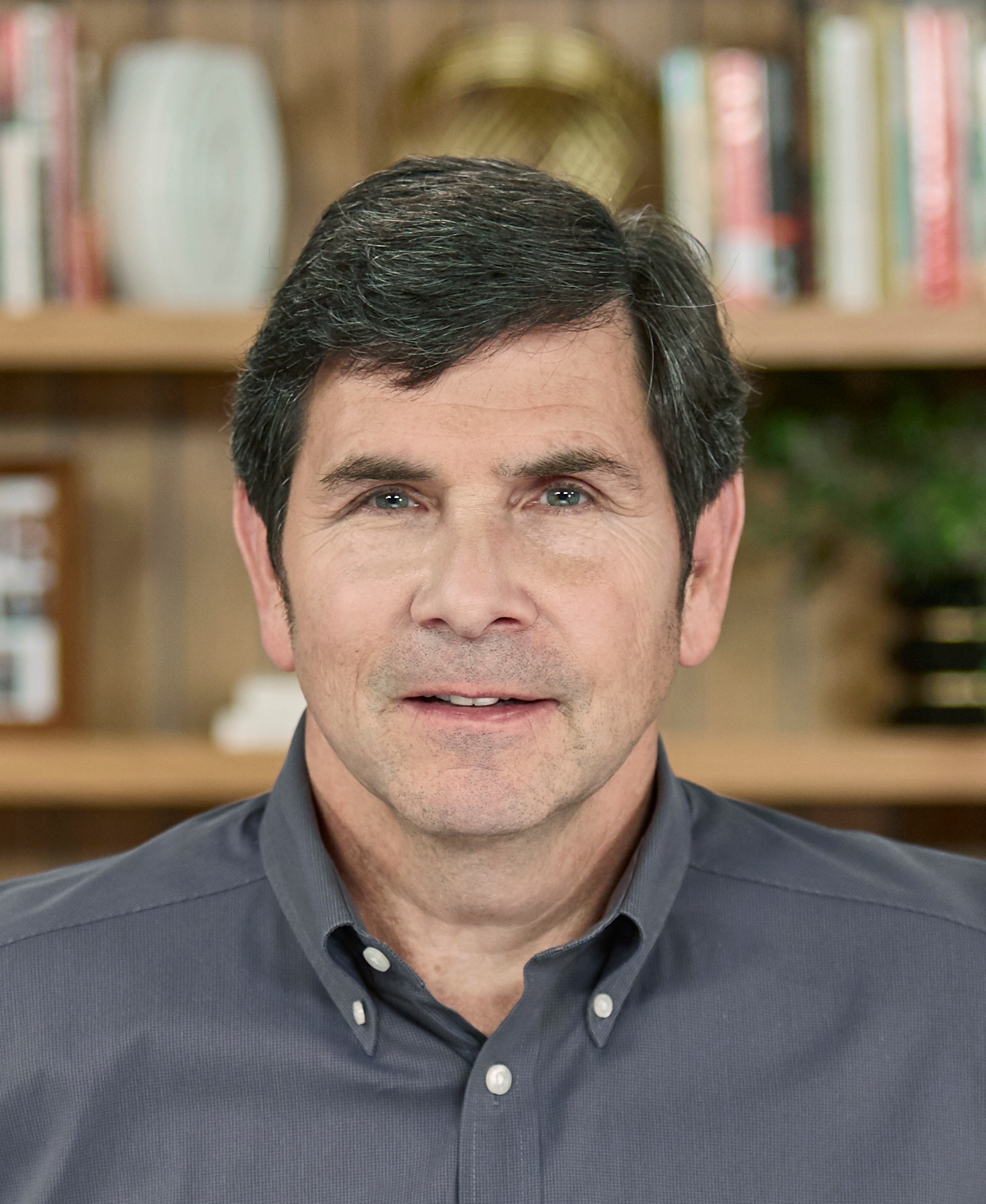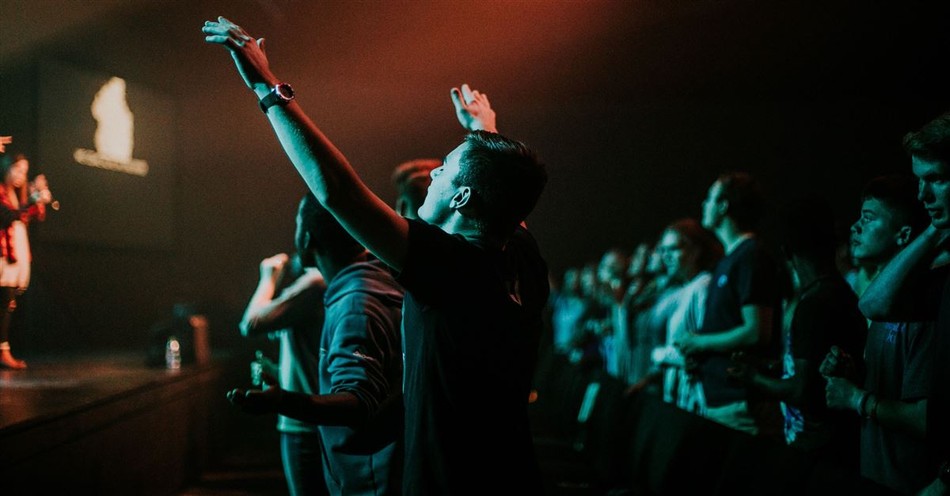From Pentecost to the present moment, believers in Jesus have had very clear “marching orders” from the Savior. With the privilege of Sonship comes the responsibilities of discipleship — and Jesus has shown us what that involves.
What Is the Great Commission?
Christians are to preach the Good News of how to be saved to all people (Mark 16:15). The church in every generation is to make disciples from all nations (Matthew 28:18-20). These classic passages — summarizing what all Christians are to prioritize, for as long as they live after salvation — are commonly referred to as “the Great Commission.”
The Matthew 28 verses include the assignment, “teaching them (the newly-evangelized people groups) to observe all things whatsoever I (Jesus) have commanded you.” The church in all eras is to:
- Present the Gospel so that lost people may experience redemption in Jesus.
- Bring people and cultures into an understanding and following of Scripturally-informed ways of living.
The Great Commission comprises Jesus's final words to believers before His ascension to heaven. This assignment of proclamation, evangelization, and discipleship will never be rescinded and remains in force until the Lord returns to earth.
Today, I believe that many believers are unaware of the binding nature, timelessness, and yes, urgency of our assignment. If you are a Christian today, you are the beneficiary of the obedience of those who preceded you. Years and years before we were born, faithful custodians of the Gospel message took the Great Commission seriously.
Saints we will someday meet in heaven carried within themselves a love for Christ, obedience to His directives, and compassion for souls, the result being our hearing about Jesus and our opportunity to respond. Now it is our turn. Each Christian and every church are to participate in this, history’s most magnificent undertaking, the Great Commission.
What Does the Great Commission Mean to the Modern Church?
Since the Great Commission is the church’s core “assignment,” what grade would Jesus give the church if He came back today? To apply the analogy of “school” and “final exam” further, let’s imagine that we students (Christians in the world today) are nearing the “end of term.” Many indeed think history is (to paraphrase H.G. Wells) “at the end of its tether.”
Remember: The church is to be a body of born-again believers, banded together for the purpose of world evangelization. Life is short, the last days seem to be upon us, and we will all give an account to our Master. The professor’s footsteps can be heard from the hall, coming toward us: Christ will soon come through that door (or, the Eastern sky, at least), classes will be dismissed, and final marks will be rendered: How have we done on our assignment?
Much of the church (though not all) in America and Europe should get a flat “F” in our only class, let’s call it, “Great Commission Studies and Practicum.” Why are we in danger of failing? In large part because of some of the voices giving directives to Western Christians today. This is in large part because of some of the “experts” in positions of leadership today. Many, many examples could be given, but let me cite just one: A news wire service recently asked me to respond to a popular podcast paneled by scholars professing to have the insights on faith and practice necessary for Christians today.
The hour-plus-long podcast was sickening. Besides containing nothing about salvation and Biblical Christianity, the panelists' content was a tape loop of self-congratulatory blurbs about their collective wisdom in “stepping back, taking a deep breath and observing” (Um, OK). It wasn’t easy, but I could stomach this (I’ve been around self-important, posturing Christian academics all of my adult life. You learn to ignore the hubris eventually). But the most disturbing nature of the podcast was the way in which these “Christian experts” — in sweeping generalization, giving no actual examples — critiqued/condescended/reprimanded believers (everywhere, I guess?) for their hatreds, racism, phobias, nationalism, apathy, tribalism, greed, et al.
To hear these podcast prophets tell it, today’s most dangerous miscreants are those around us who believe the Bible and endeavor to apply its teachings to daily life. These pontificates lead churches and schools and publish “Christian” magazines. Since they believe America’s average evangelical believer is so distasteful, I’d love to hear their deconstructive dress-down of Peter, John, Justin Martyr, Clement of Alexandria, Origin, Augustine, Aquinas, Luther, Calvin, Wycliffe, Zwingli, Tyndale, William Carey, Jonathan Edwards, William Wilberforce, G.K. Chesterton, C.S. Lewis, Martin Luther King, Jr., Teresa of Calcutta, and oh, let’s not forget, the Apostle Paul.
Here is why the Great Commission often suffers at the hands of 21st-century evangelicals: It presupposes a true Bible, a risen Savior, and a fallen humanity. Modernist, woke, “experts” deconstruct and denigrate the same Western Christendom off of which they make their (often inflated) salaries.
We must not “spin” the Gospel but proclaim it uncompromisingly.
Let’s stop listening to “enlightened” denominational talking heads and get back to God’s Word as our message and mandate.
Photo Credit: Unsplash/Hannah Busing









